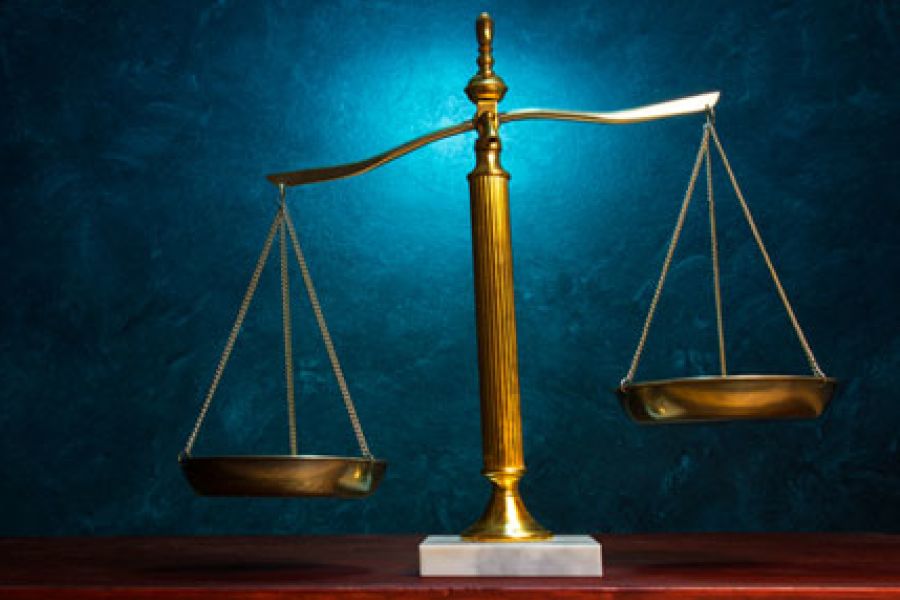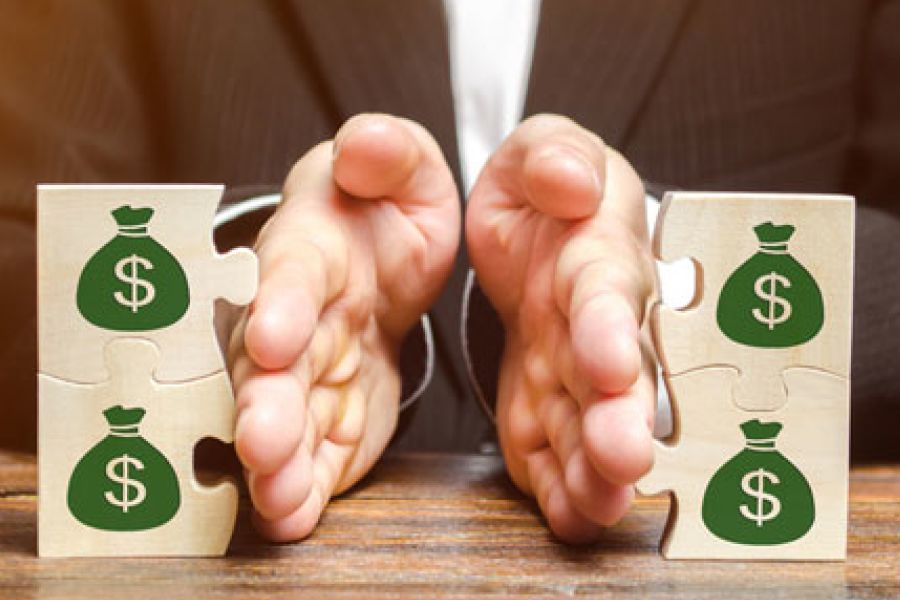Not all red flags lead to active occupational fraud schemes. But when fraud is occurring, it usually leaves traces — for example, accounting anomalies — for fraud experts and other knowledgeable people to find. Owners and executives, as well as rank-and-file workers, should be familiar with the signs of fraud and know when to call in a forensic accounting specialist. Take a closer look Dishonest employees may use anything from fictitious vendors to false invoices to cover up theft. To ferret out potential fraud, always investigate duplicate payments, out-of-sequence entries, unusual inventory adjustments and accounts that don’t properly balance. Transactions for amounts that appear too large or too small, or transactions that occur too often or too rarely also merit a closer look. An increase in the number...

As counterintuitive as it may seem, law firms aren’t immune to criminal activity. Because some firms place enormous pressure on attorneys to produce billable work, they may be particularly vulnerable to fraud. Your firm needs to know what to look for and how to protect itself from potential schemes perpetrated by partners, associates and support staff. Hold everyone to high standards A firm’s accounting department — payroll and accounts payable and receivable — is where fraud often occurs. But even trusted partners should adhere to your firm’s internal controls and fraud-prevention processes. All prospective employees, regardless of level, need to complete an employment application with written authorization permitting your firm to verify information provided. Then, call references and conduct background checks (or hire a service to do it)....
It’s not always easy being small. For one thing, small businesses (with fewer than 100 employees) experience higher occupational fraud losses: a median $150,000 vs. $140,000 for larger companies, according to the Association of Certified Fraud Examiners. That’s because they don’t always have the staffing or financial resources to implement fraud-prevention programs. Small businesses are also much more likely to fall victim to certain types of fraud — including check tampering and payroll schemes. Ask your advisor Private companies aren’t required to have annual audits, but your small business can still work with your CPA to determine where you might be at risk. He or she can train you to recognize the warning signs and help you reduce opportunities for fraud by, for example, segregating duties in...
Recently, the Federal Trade Commission (FTC) settled a lawsuit with a company it says made false and misleading claims about its consumer products. Specifically, the company advertised on its website and social media accounts that its goods were “Made in USA,” even though most of them were imported. This is a violation of the FTC Act, and if your business is making similar claims about foreign-made products, you too could find yourself in legal hot water. Patriotic promotion One of President Biden’s first actions in office was to sign an executive order requiring federal agencies to buy American goods (with at least 55% of their components U.S.-made) and services whenever possible. Many consumers and companies also prioritize buying U.S.-made goods. So it’s easy to understand why manufacturers,...
When Anna, the CEO of a small manufacturing company, received an anonymous report about fraud in the accounting department, she wasn’t sure how to act. After all, the complaint could be accurate, but there was also a chance that it wasn’t. She called her company’s attorney, who recommended a forensic accountant to investigate. He also suggested that she perform some preliminary interviews to gather facts — but to be careful not to interrogate employees. If you’re in a position similar to Anna’s, here’s how to conduct interviews before a fraud expert comes on the case. Investigation prep In advance of requesting any interviews, decide what information you’re looking for. Knowing what you want helps you get to the truth of the matter quickly and avoid getting sidetracked by...
Dividing a marital estate is rarely easy. But it’s made much harder if a divorcing spouse owns a private business and attempts to artificially deflate its profits or hide assets. If you or your attorney suspects this type of deception, engage a forensic accountant to investigate. Key questions When working on divorce cases, fraud experts ask several questions about private business interests. For example, does a spouse own a cash business that may have unreported income? Does the owner receive special (or excessive) perks or tax write-offs that affect the business’s profitability? Are numbers intentionally reported incorrectly to affect the business’s value? n addition, experts investigate whether the company has any subsidiaries or is part of any other business ventures. Sometimes, a business owner may be a silent...
All that glitters isn’t gold. This includes gold — and other precious metals, stones and jewels that are sometimes used to launder the “dirty” proceeds of criminal activities such as drug trafficking and terrorism. But several U.S. laws and regulations target these international money-laundering operations. Good as gold Precious metals, stones and jewels make ideal vehicles for money laundering for several reasons: Ownership and control. Precious metals are bearer instruments, meaning that like cash, the individual in possession of the precious metal owns and controls it. Readily transferable. There’s an active, global market that enables criminals to trade them. Because precious metals have many legitimate uses, criminals often can move them without attracting attention. Relatively stable. Although the price of precious metals fluctuates like those of any commodity, the value...
Fraud perpetrators are constantly altering their methods to evade detection. Nimble cybercriminals, for example, are why IT security companies update their software so frequently. The use of deepfakes (a word derived from “deep learning” and “fake”) is one of the latest threats to emerge. Deepfakes are enabled by artificial intelligence (AI) and they’re something your company needs to have on its radar because if you haven’t seen a deepfake yet, you will. Spotting an imposter A deepfake involves the use of AI to create video, audio or static images that seem real. You may have seen them in viral videos of famous people, such as one in which Facebook’s Mark Zuckerberg is shown saying he has “total control of billions of people’s stolen data.” As realistic as...
The COVID-19 pandemic has often made the due diligence process for business acquisitions more complex and time-consuming. But if you’re buying a company, it’s critical to dedicate your full attention to this part of the M&A process — not only to confirm that the selling business is as valuable as you believe it to be, but to protect against fraud. Plan early to engage a fraud expert to review financial statements and other documents for signs that you could be dealing with a dishonest seller. Subtle warning signs When reviewing a seller’s financial statements, forensic experts look for subtle warning signs of fraud. These include excess inventory, a large number of write-offs, an unusually high number of voided discounts for returns, insufficient documentation of sales and increased...
If your business struggles to generate steady cash flow from operations, factoring is a possible solution. With factoring, a business sells the right to collect on customer invoices to a factoring company in exchange for an immediate payment. If you have slow-paying customers, factoring accelerates the collections process. But some companies abuse factoring and use it to commit fraud. The basics There are two forms of invoice factoring. With recourse factoring, the business selling invoices agrees to repay the factor the advance it received (a percentage of the invoice’s face value, minus a fee) if a customer doesn’t pay the full amount. Non-recourse factoring is less common because it involves more risk for the factor. The business doesn’t have to repay the factor if a customer becomes insolvent during...











